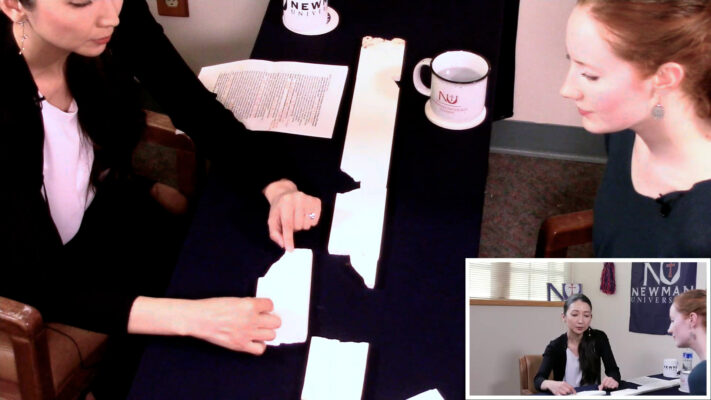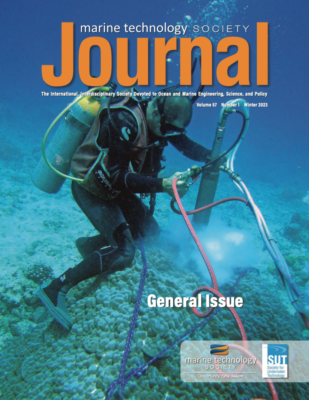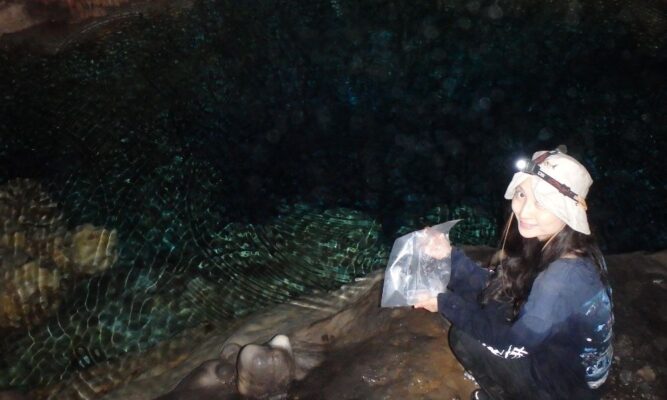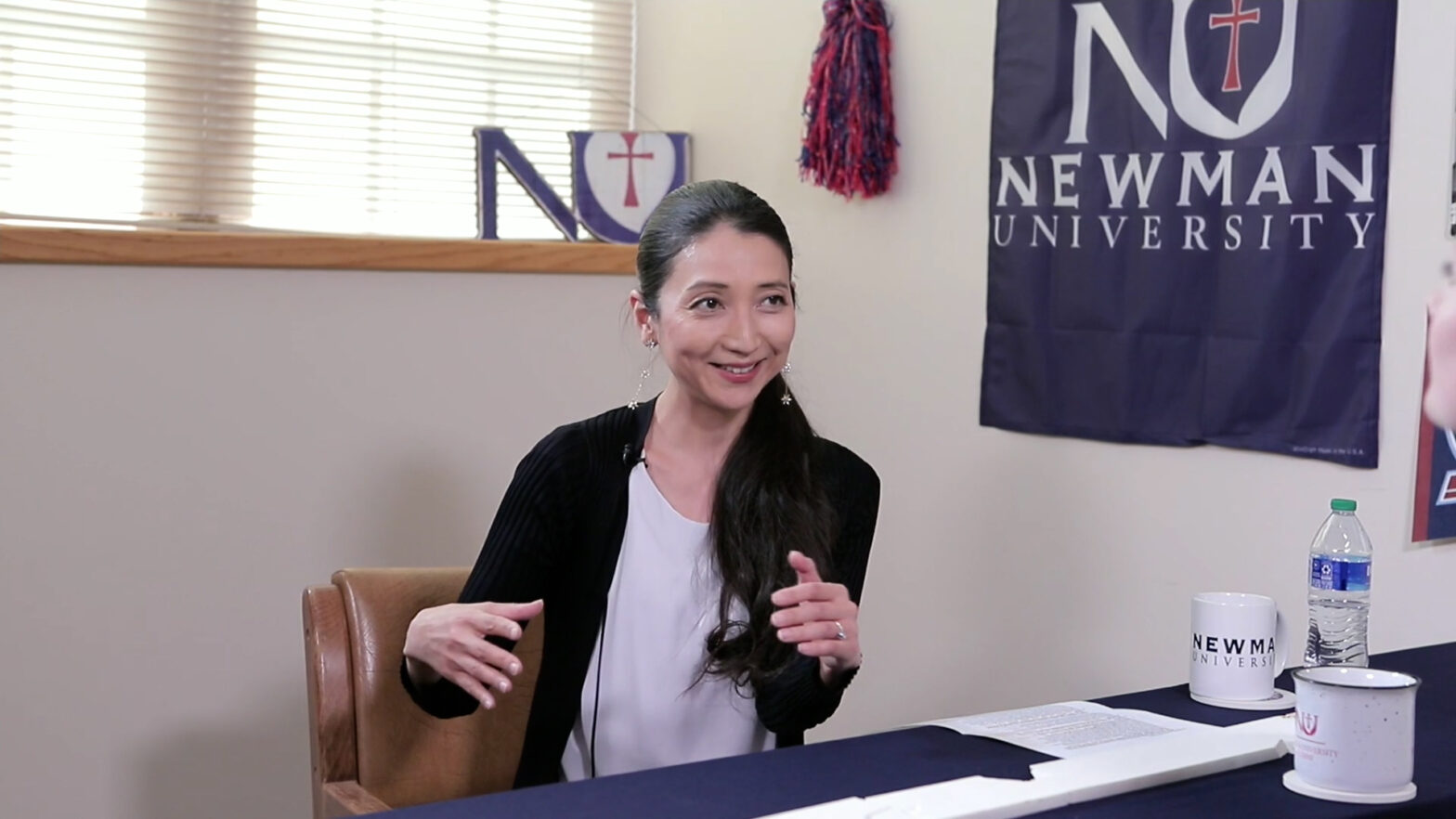On a recent episode of “The Newman Bond” podcast, Tomoko Bell, assistant professor of biology at Newman University, discussed her passion for research and teaching.
Bell is originally from Tokyo, where she received her doctorate in earth science with a concentration in biology from the University of Tokyo.
She shared that when she was in high school, her parents sent her to a weeklong biology camp on a small island near Australia, where she got to explore nature. Bell even spent an entire day searching for penguin eggs.
That experience affirmed her interest in the field of biology.
“I made my mind up then that I wanted to be a researcher and scientist and biologist,” she said. “I’m just naturally curious about everything, and I love explaining and exploring the unknown.”
Today, Bell has a broad interest in biology, but one of her specific interests are extremophiles, meaning microscopic organisms thriving in extreme environments, like areas with extreme temperatures or high levels of radiation or salinity. Bell is passionate about their application for medical research, as well as the search for life on other planets and anything and everything related to oceans and marine biology.
She’s also curious to learn more about bacteria in caves — an interest sparked by a biology project she did with the University of Guam.
“I started seeing lots of opportunity in caves because they’re so understudied,” Bell said. “Bacteria like extremophiles or stalagmites have been growing in caves for 20,000 years, and they’re actually recording the precipitation history and how the climate has been changing.”

Most recently, Bell’s research was featured as the cover story in volume 57 of “Marine Technology Society Journal,” an international publication devoted to marine engineering, science and policy. Bell and her team of researchers share their process of developing and using an underwater pneumatic (or pressurized air) drill to extract cores from live massive corals in shallow waters off the island of Guam.
“In our generation, there are so many critical problems that we need to resolve, and I think one of the problems is definitely climate change,” Bell explained. “For example, people in Florida have to think about how the sea level will change when they build a house, so it’s one of the urgent problems we face. This coral we successfully extracted is about 60 years old, so it can tell us how the temperature has been changing for the past 60 years.”

Bell has also had the opportunity to serve as a subject matter expert for NASA’s Open Science curriculum development, which is part of a movement to make scientific research more accessible, inclusive and diverse.
“We decided to develop this curriculum, and I got to work with 40 scientists from all over the world,” she said. “I’m so excited that this curriculum is actually being used right now.”
Bell uses her experiences with Open Science to encourage her students to talk about their own research with others.
“Even if you think the project has nothing to do with other people’s specialties, you never know,” she said. “We get lots of good ideas by talking with people from different backgrounds.”
At Newman, Bell loves helping and assisting students make their dreams come true. Part of her teaching philosophy is to instill minimum stress and maximum gain of a lifetime knowledge.
As an extension of that hope, Bell is passionate about creating an environment in which students can purely enjoy the science they’re learning.

And while she loves conducting research, Bell said being in the classroom is where she’s “in heaven.”
“I love being in the classroom, and I hope my students know they are actually inspiring me,” she said. “My students are so passionate and super engaged, and I’ve been just so blessed.”
Bell added, “I tell my students, you can really transform the world.”
The Newman Bond podcast
Explore all episodes on our YouTube channel or visit the podcast page on our website to start listening.


